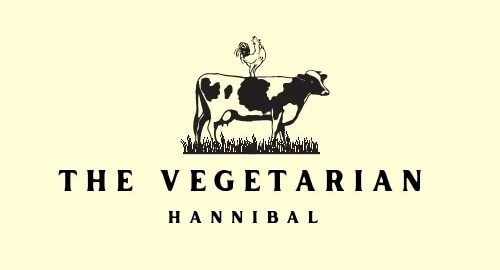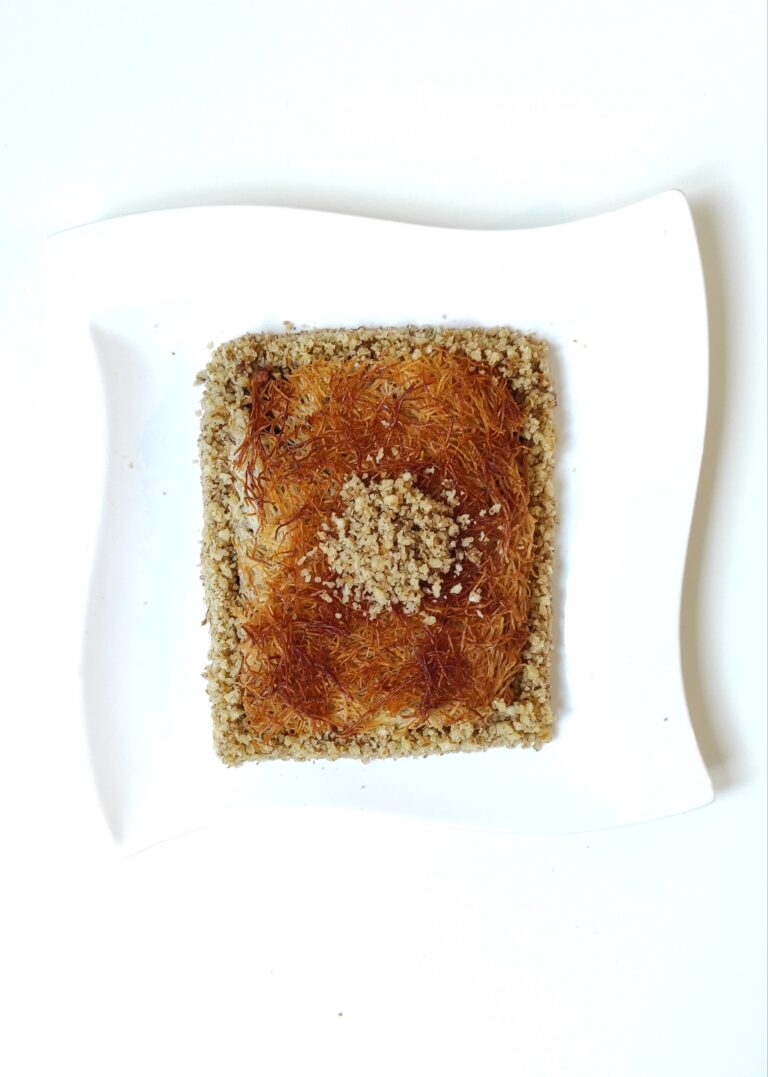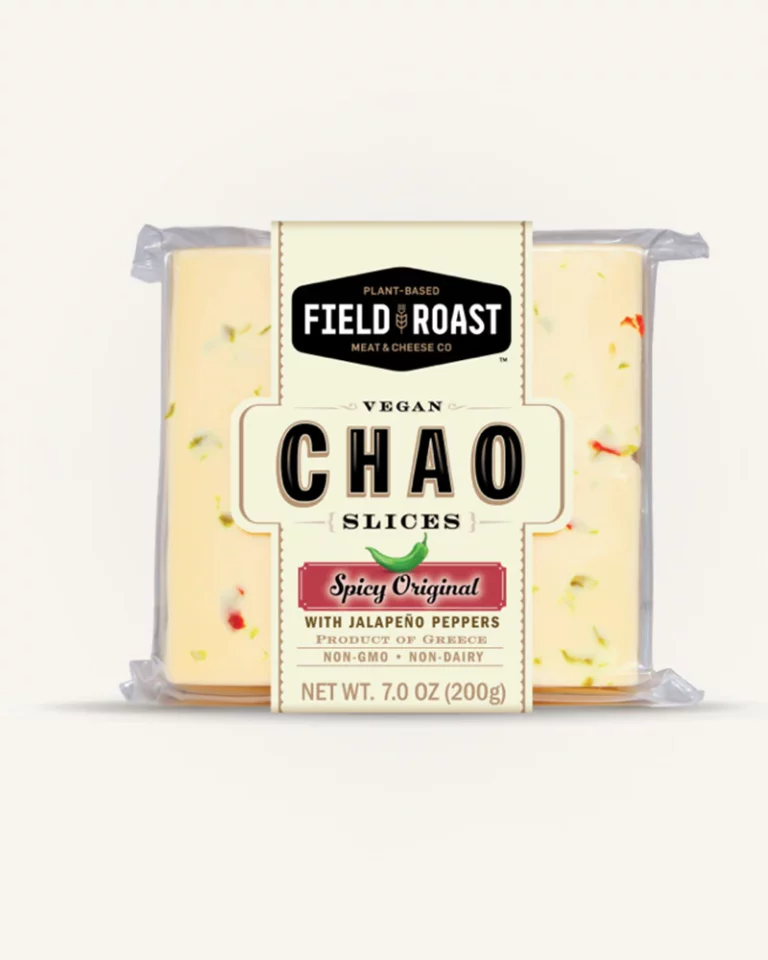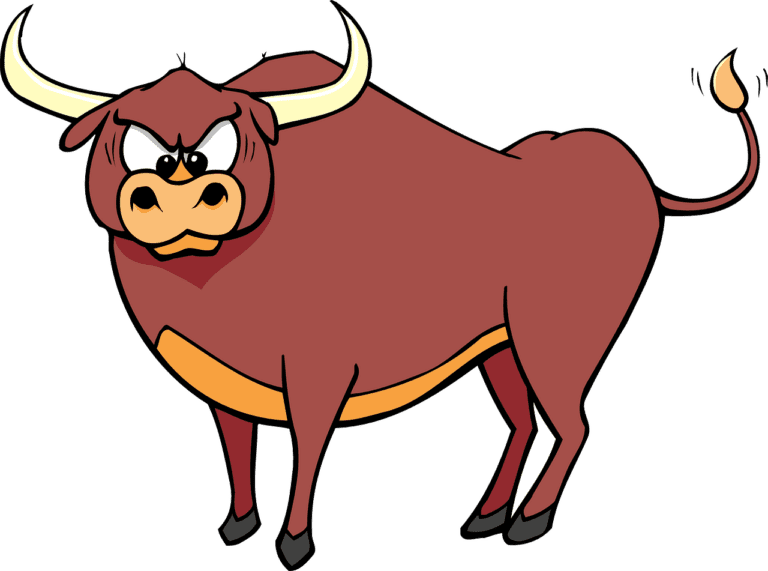What vitamins do vegans need? | Do you really need them?
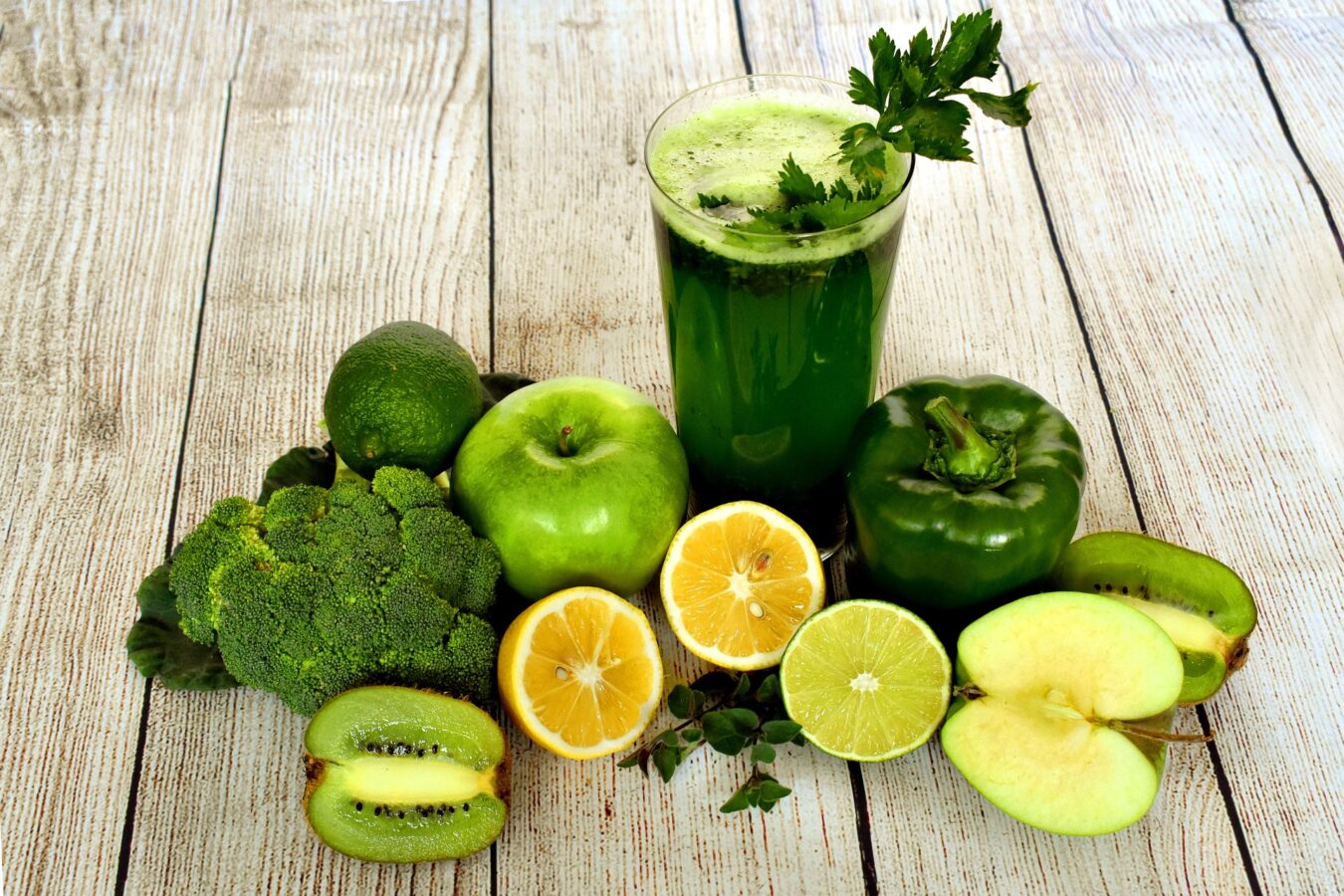
You have decided to go vegan and are wondering what vitamins do vegans need? How do you know that your body lacks any vitamins? This is an important issue and you should definitely contact a doctor and get informed. I do not recommend taking vitamins without a doctor’s advice, especially vitamins that you can buy online.
We know that in the vegan diet you do not consume meat and animal products. Since many people take the vitamins you need from animal products, you may be missing some vitamins as a vegan. Do you necessarily have to take vitamins if you are paying extra attention toyour diet?
What vitamins do vegans need?
Vegans may need to pay extra attention to their intake of certain vitamins, as these nutrients are typically found in animal-based foods. Here are some vitamins that vegans should make sure to get enough of:
- Vitamin B12: This vitamin is important for proper brain and nervous system function, as well as the formation of red blood cells. Since B12 is mostly found in animal products, vegans may need to take a B12 supplement or eat fortified foods like plant milks or breakfast cereals.
- Vitamin D: This vitamin is essential for strong bones and teeth, as well as immune function. While vitamin D can be obtained through sun exposure, it can be difficult to get enough in regions with limited sunlight. Vegans can get vitamin D from fortified plant milks or supplements.
- Iron: Iron is important for oxygen transport in the blood. Plant-based sources of iron include beans, lentils, tofu, nuts, seeds, and dark leafy greens. Eating iron-rich foods with vitamin C-rich foods can help with absorption.
Do you want to know more about iron-rich vegan and veegatrian foods? Take a look at this article!
- Calcium: Calcium is important for bone health and muscle function. Vegans can get calcium from fortified plant milks, tofu, tempeh, almonds, and dark leafy greens.
- Omega-3 fatty acids: Omega-3s are important for heart health and brain function. While fatty fish is a common source of omega-3s, vegans can get them from flaxseeds, chia seeds, walnuts, and algae-based supplements.
It’s important to note that while a vegan diet can provide all the necessary nutrients, it’s important to plan meals carefully and possibly consider supplementation to ensure adequate nutrient intake.
How Do Vegans Get Amino Acids?
All plant diets contain plant proteins, although they come in different amounts and with different combinations of amino acids. The need for plant proteins can easily be satisfied with a diet that is rich in variety and provides appropriate energy.
Vegans get amino acids through legumes like peas, lentils, or beans. These are the best sources of vegetable proteins. Particularly, soybeans offer a remarkable amount of protein that is comparable to that found in foods from animals. However, whole grains also offer beneficial amino acids when they are ground or germinated. Nuts, seeds, and pseudocereals like amaranth, buckwheat, and quinoa are also great sources of vegetable protein. As complementary sources of protein, sprouts and green leafy vegetables can also be noted.
Check out my blog or my vegan and vegetarian recipes.
- Can vegan eat hot cheetos?
- Percebtage of vegans in the US
- What is chao cheese?
- Does Taco Bell Use Eggs In Their Wraps?
- Are Taco Bell tortillas vegan?
Pic: Pixabay-marijana1
